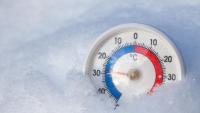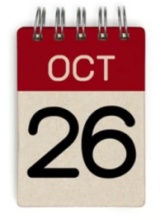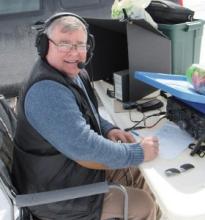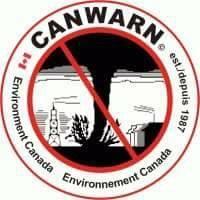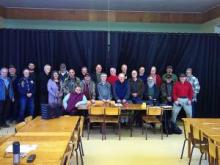Hey, weather watchers! Dust off those snow boards, metre sticks and thermometers, because the IRG Weather Net will start for the 2025-2026 season on Monday, November 3, 2025, and run every morning at 7:30 a.m. Atlantic Time. Net control will be shared by Rick VE9MTB and Scott VE1CSA. They will gather your local observations and send them off to Environment and Climate Change Canada. ECCC uses the reports to fine tune their predictions and issue alerts in severe weather conditions. The reports are also used by other agencies such as River Watch and news media.
Unscheduled Emergency Exercise Net
| Results Update: An excellent response for an unannounced net: - 29 operators responded on VHF/UHF IRG Network - 9 operators responded on HF 3.735 MHz LSB. |
|---|
EXERCISE - EXERCISE - EXERCISE - This is an exercise only
Unscheduled Emergency Exercise Net now in progress.

